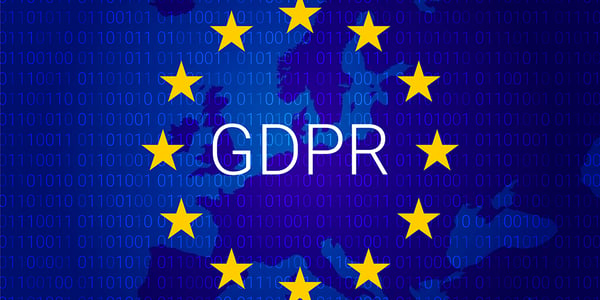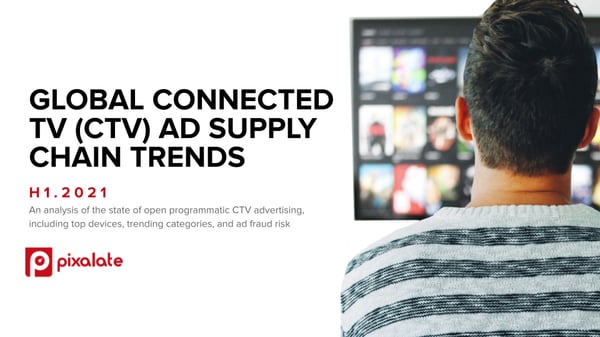
This week's review of ad fraud and quality in the digital advertising space.

Pixalate introduced the ad industry’s first ad fraud Supply Path Optimization (SPO) technology, a powerful addition to Pixalate’s Analytics platform. The breakthrough Ad Fraud SPO technology enables buyers and sellers to pick higher quality paths of delivering programmatic ads across CTV, mobile apps, and websites, and work with partners who perform the best in terms of IVT and other metrics.

According to Adweek, Belgian data protection authority may rule that IAB Europe's Transparency and Consent Framework (TCF), conveying consent in open ad exchange bidstream through pop-up ads on websites, breaches GDPR. "At the heart of the matter is whether IAB Europe is classed as a data controller, which means that it determines the means of use of personal data, as opposed to a data processor, which does not own the information it collects," informs AdWeek. The organization would have six months to change its framework, per Adweek.

U.S. digital ad spending will exceed $200 billion in 2021, rising by 38.3% from 2020. "The triopoly of Google, Facebook, and Amazon will make up 64.0% of all US digital ad spending this year, about the same share they possessed in 2020," informs eMarketer.

After rolling out a mobile game service for Android users earlier this month, Netflix is working on the iOS version. However, App Store's rules will prevent Netflix from making games available from its app as the all-in-one game hub. According to Mark Gurman, a tech reporter at Bloomberg, "Apple will need to change its rules or grant Netflix an exemption," or Netflix will need to implement its games into the cloud accessible from the browser, reports The Verge.

Pixalate revealed insights about the level of invalid traffic in programmatic CTV, privacy in mobile apps, and surge of Amazon Fire TV Channel Store:
*By entering your email address and clicking Subscribe, you are agreeing to our Terms of Use and Privacy Policy.
These Stories on Weekly Recaps
*By entering your email address and clicking Subscribe, you are agreeing to our Terms of Use and Privacy Policy.

Disclaimer: The content of this page reflects Pixalate’s opinions with respect to the factors that Pixalate believes can be useful to the digital media industry. Any proprietary data shared is grounded in Pixalate’s proprietary technology and analytics, which Pixalate is continuously evaluating and updating. Any references to outside sources should not be construed as endorsements. Pixalate’s opinions are just that - opinion, not facts or guarantees.
Per the MRC, “'Fraud' is not intended to represent fraud as defined in various laws, statutes and ordinances or as conventionally used in U.S. Court or other legal proceedings, but rather a custom definition strictly for advertising measurement purposes. Also per the MRC, “‘Invalid Traffic’ is defined generally as traffic that does not meet certain ad serving quality or completeness criteria, or otherwise does not represent legitimate ad traffic that should be included in measurement counts. Among the reasons why ad traffic may be deemed invalid is it is a result of non-human traffic (spiders, bots, etc.), or activity designed to produce fraudulent traffic.”

